Seasonal boiler maintenance can help your residential customers improve the efficiency and performance of their equipment year-round.
Like a car, a residential boiler must be regularly serviced to prevent problems and maintain efficiency. But unlike a car, a boiler doesn’t cough, stutter, give off smoke, or produce a foul odor when something goes wrong—it just silently continues doing its job, slowly deteriorating in performance and failing much sooner.
Use these tips to prevent problems and keep your customers’ boilers in tip-top shape.
Tip #1 — Perform pH Testing
For a boiler to operate properly, the liquid it contains must maintain the correct pH levels. Here’s how you can ensure optimal pH balance:
- Visual Inspection: Open the drain valve and bleed off some liquid. If it appears clear, proceed with a pH test.
- pH Testing: Use test strips for a color-coded readout or a digital pH meter for precise readings.
If the pH level is off:
- Drain: Drain about a gallon of liquid from the boiler.
- Replace with a solution: Mix one quart of Hercules® Sludgehammer™ Universal Corrosion Inhibitor with three quarts of fresh water and pump it back into the system.
- Circulate: Allow it to circulate for about half an hour, then test again.
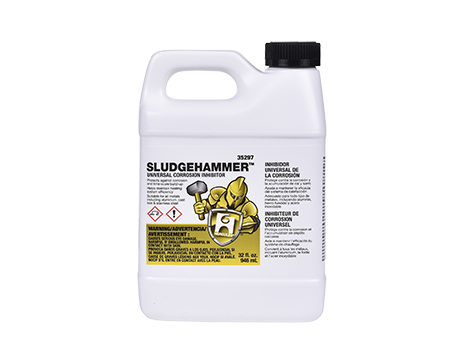
Tip #2 — Discard Sludge
If the first liquid sample in your visual reading contains rust or sludge, you must take a more aggressive approach. Sludge indicates corrosion in the heat exchanger, fittings, or piping. Here’s how to remove sludge:
- Drain: Drain off about a gallon of liquid.
- Replace with solution: Mix three quarts of water with one quart of Hercules® Sludgehammer™ System Restorer & Noise Reducer.
- Circulate: Allow the solution to circulate for two hours.
- Dump system: After two hours, dump the system and refill it with a blend of water and inhibited virgin propylene glycol. Always reference the boiler manufacturer’s installation and operation manual.
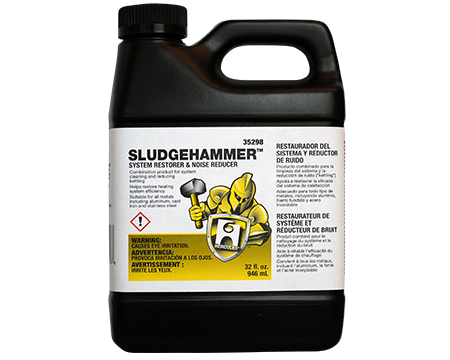
Tip #3 — Add Antifreeze
Many contractors only use water in indoor heating systems. However, water freezes at 32 degrees and can cause pipes to burst if there’s a power outage. Adding an inhibited virgin propylene glycol antifreeze to a boiler corrects those problems and provides freeze protection.
Types of antifreeze to use:
- Cast Iron, Stainless Steel, or Copper Systems: Hercules® Cryo-Tek™ AG, -100, Original, or Universal.
- Aluminum Heat Exchangers: Hercules® Cryo-Tek™ Universal and -100AL.
Active Ingredient: Be sure to use antifreeze products containing “inhibited virgin propylene glycol.” This high-quality formulation ensures long-term effectiveness and safety by preventing corrosion and maintaining system integrity. It is crucial for maintaining equipment reliability and minimizing maintenance costs in various industrial and commercial applications.
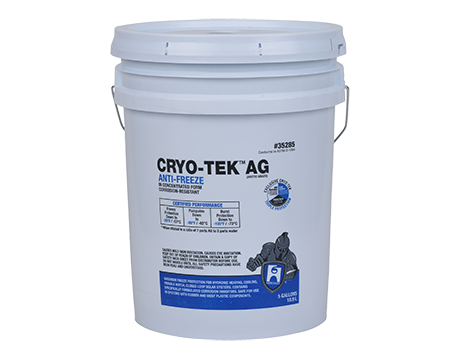
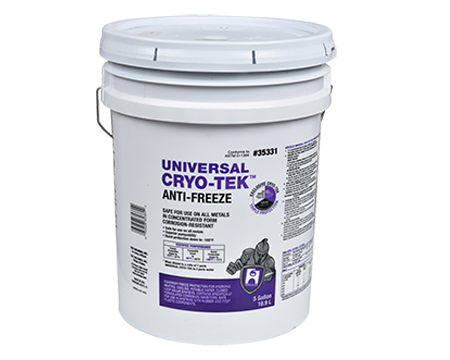
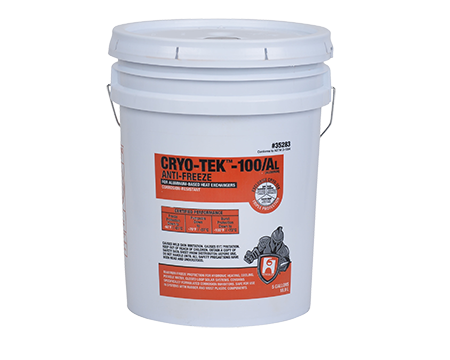
Tip #4 — Conduct Annual Checkups
Offering scheduled checkups helps contractors ensure boilers remain efficient and extends their lifespan. Replacing a boiler is very expensive, costing thousands of dollars. Homeowners can save money long-term by having a boiler serviced annually.
The best time to do it is just before the start of the cold weather season. Spending a little money every year will maximize the life of the boiler and prolong a big expenditure.
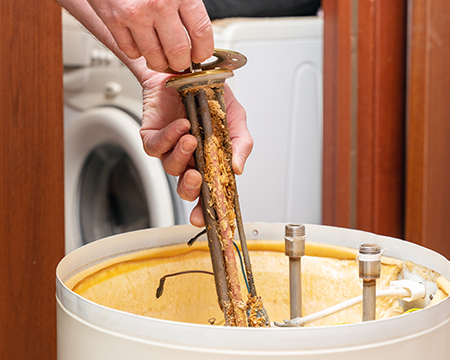
Key Maintenance Steps:
- Test pH levels and glycol percentages: Regular testing and inspection will help identify issues before they become major problems.
- Visual inspections: Check for any signs of leaking, moisture, or corrosion around the boiler and pipes.
- Clean and flush systems: Use appropriate system cleaners to remove sludge and prevent future buildup.
Explore more heating system maintenance tips and products
Maintaining a residential boiler is crucial for ensuring efficiency, longevity, and safety. By following the above tips and conducting regular maintenance, you can help your customers avoid costly repairs and replacements.